
ASU’s Future H2O
Building a future of water abundance and opportunity
The global future of water is about abundance and opportunity — not scarcity.
Future H2O is helping create that future through solutions-oriented research and implementation partnerships with the world’s biggest corporations, NGOs, transboundary multinationals, venture funds and public institutions.
Why abundance and opportunity, not scarcity?
- Because thinking in terms of “scarcity,” “vulnerability” and “risk” locks us into yesterday’s mindset and approaches — obscuring the full range of opportunity and ingenuity we have to build the future of water.
- Because scarcity management’s centralized, hard-path engineering solutions are too inflexible for a dynamic world of rapid urbanization and climate change.
- Because water-scarcity approaches often shut out the private sector — the world’s leading water-user — from co-creating solutions.
How we’re helping build the future of water
1. Finding opportunity
Future H2O identifies the biggest opportunities for ingenuity that water offers us, such as:
- Using data visualization to optimize water market transactions.
- Developing advanced filtration to recapture rare materials from produced water.
2. Co-creating solutions
We match ASU’s most creative researchers and policy and legal experts with some of the world’s most influential organizations — from Coca-Cola to The Nature Conservancy to the US State Department — to create solutions for water abundance that can scale to the world stage.
3. Communicating water abundance
We advance new narratives of water abundance through thought leadership and the reach of ASU, named most innovative university in the United States by U.S. News and World Report.
The future of water is here

Want to know more?
Program areas
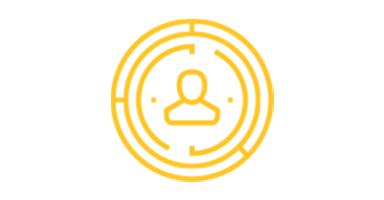
Corporate decision support
big data to drive private sector investment in better water management
Goals
- Enable private sector investment in resilient water infrastructure
- Promote public-private partnerships to implement and scale up new projects
Outcome
A visual, global database that identifies opportunities for the public and private sector to collaborate on water security.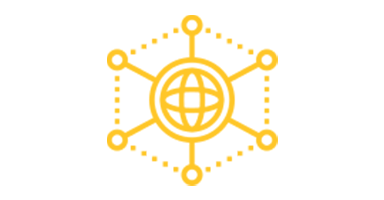
Harnessing IoT datasheds
monitoring water from “snow cap to tap”
Goal
Harness distributed computing and ever-increasing streams of big water data to better manage water resources at scale from individual building operations to watersheds.Outcomes
- The first fully instrumented building in the world that can link the domains of water quantity and water quality
- Integrated data streams used to create new narratives about water supply, demand and efficiency and build water literacy
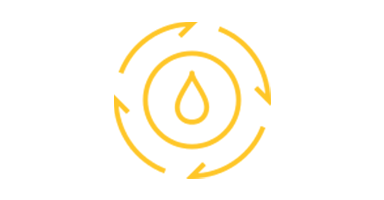
Urban efficiency
responsible growth for economies and communities
Goal
Design a narrative and shape markets to enable economic growth while reducing water use.Outcome
Improved commercial, industrial and institutional water use efficiency through a lead-by-example approach, harnessing sensor test beds at ASU and leveraging relationships with the private sector valley-wide.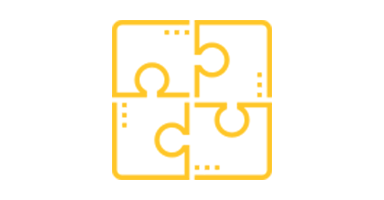
Modular FEW technology
holistic solutions to global water challenges
Goals
- Track metrics and certify performance standards for modular tech interventions for the developing world
- Evaluate social, legal, religious and gender contexts for successful deployment via women-operated small businesses
Outcome
A testbed and core USAID performance evaluation center that offers transferable lessons and scalable solutions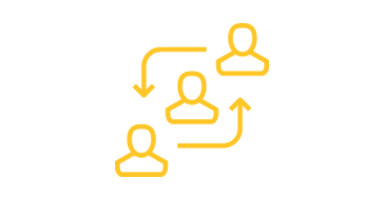
Cross training leaders
leveraging bright minds in water work
Goals
- Develop innovative curricula that blend aspects of online platforms and internships
- Cultivate the next generation of global water leaders who collaborate at the intersection of water, energy and food systems
Outcome
A pipeline of water leaders that collaborate across sector boundaries and at scales that accelerate the path to water security.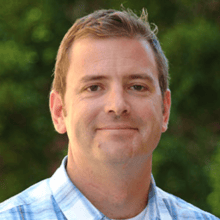
Future H2O Director John Sabo
John Sabo is a professor of river ecology and water resources in the School of Life Sciences and founding director of Future H2O in the Arizona State University Knowledge Enterprise. He is also a senior sustainability scientist in the Julie Ann Wrigley Global Institute of Sustainability, a fellow in the Institute for the Future of Innovation in Society, an honors faculty in the Barrett Honors College, and serves on the graduate faculty in the Hydrosystems Engineering Graduate Program.
Sabo is a river food web ecologist and has designed and implemented large-scale field experiments to understand the role of aquatic-terrestrial energy flow on terrestrial food web dynamics as well as the dynamic effects of groundwater on surface water food webs. His research has been published in top journals including Ecology, Ecological Monographs, Ecology Letters, Global Change Biology, Frontiers in Ecology and the Environment, PNAS, and Science.
Sabo has also developed quantitative, data-driven methods to connect hydrology to freshwater fisheries and aspects of riverine biodiversity. His work in this realm is driven by a desire to understand how to better manage basin scale flows in rivers ranging from the Colorado, the Mekong and the Amazon. He received his PhD from the University of California-Berkeley in 2000.